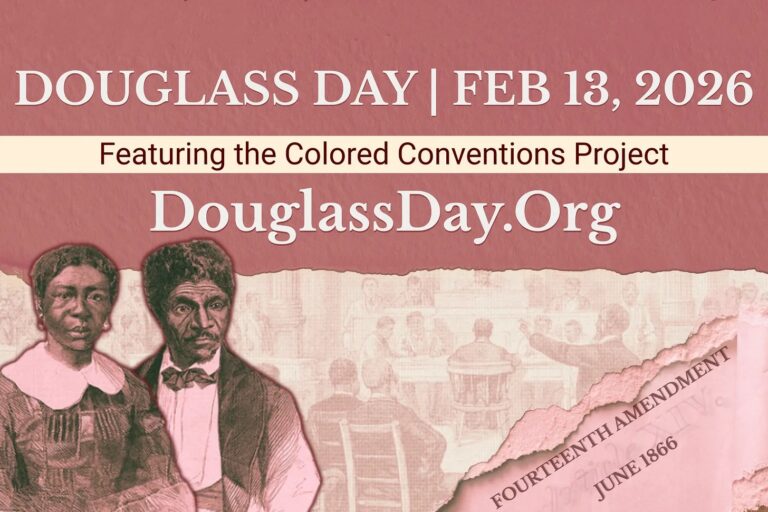Jazmen Moore identifies as a Black girl from the Midwest, a grandchild of the Great Migration, an educator raised on Anishinaabe homelands in Lansing, Michigan, and a graduate of Michigan State University with dual bachelor’s degrees in English and Women’s and Gender Studies. Moore currently researches Black girl refusals, consent-based learning, and chosen learning spaces at the University of Washington where she is a doctoral candidate in the College of Education’s Culturally Sustaining Education program. She recently was named among the scholars for the 2022 cohort of the National Academy of Education/Spencer Foundation Dissertation Fellowship Program.

This fellowship program annually supports early career scholars who are engaging in “critical areas of education research.” In addition to professional development and networking activities, the scholars receive $70,000 in support to fund their research proposals.
Nearly 260 scholars applied for the fellowship this year and only 25 were selected, including Moore and two other MSU graduates: Kongji Qin, a 2016 graduate of the Curriculum, Instruction and Teacher Education doctoral program, and Stephen Santa-Ramirez, a 2013 graduate of the Student Affairs Administration master’s program.
After earning her undergraduate degrees from Michigan State University, Moore went on to earn an M.A. in Teaching from Dominican University and taught high school English in and around Chicago and coordinated a youth-based spoken word club. She now collaborates with Seattle-based organizations and educators as a Teaching Artist and has facilitated poetry workshops with students from elementary through undergraduate classes, as well as intergenerational community groups.
Her dissertation study draws from the field of Black studies, Black and Indigenous theories of consent and refusal, arts-based research design, and literacies studies within education.
“Building with the work of Black Girlhood Studies, my dissertation research explores how the refusals Black girls make disrupt the ways they are framed as illegible (i.e., invisible, invalid, and dehumanized) in the context of U.S. schools and society,” Moore said. “Refusals are a method Black girls use to navigate compulsory school learning environments that frame them as always and already deficient.”
“Building with the work of Black Girlhood Studies, my dissertation research explores how the refusals Black girls make disrupt the ways they are framed as illegible in the context of U.S. schools and society.”
Moore’s study highlights how Black girls render themselves and each other legible (i.e., seen, valid, and humanized) through their agentic refusals that occur when they participate in chosen, consent-based learning spaces. Through a three-tiered, multigenerational approach, this qualitative study centers the lives of three groups of Black girls and women while examining the roles consent and refusal have played throughout their learning experiences.
Study participants/co-researchers engage in arts-based research methods through interviews and small group dialogues while also co-creating a chosen learning space (CLS) to reflect on their educational journeys and to imagine more justice-based learning experiences for Black girls.
Through the co-construction of their CLS, the girls and women in the study model how consent-based learning practices position them to imagine and create (poetry, self-portraits, multi-media pieces, organizing practices, etc.) beyond anti-Blackness and cis-heteropatriarchy. In turn, this study deepens understandings of the intergenerational navigational practices of Black girls and discusses nuanced ways meaning is made by Black girls and women in CLSs.
In addition to her doctoral studies, Moore serves as a Research Assistant for the Banks Center for Educational Justice and co-teacher of a course on multicultural teaching for secondary teacher candidates. Moore also serves on the National Council of Teachers of English (NCTE) Committee Against Racism and Bias in the Teaching of English and helped revise their position statement on anti-racism in the teaching of English.


